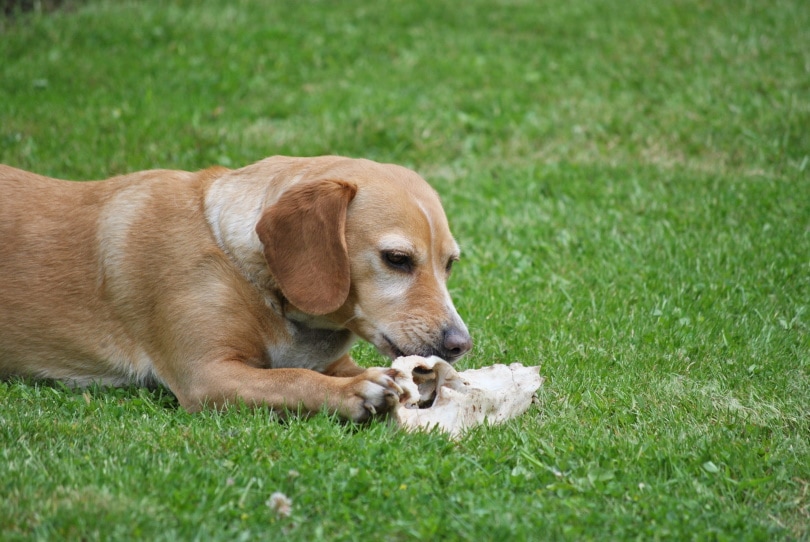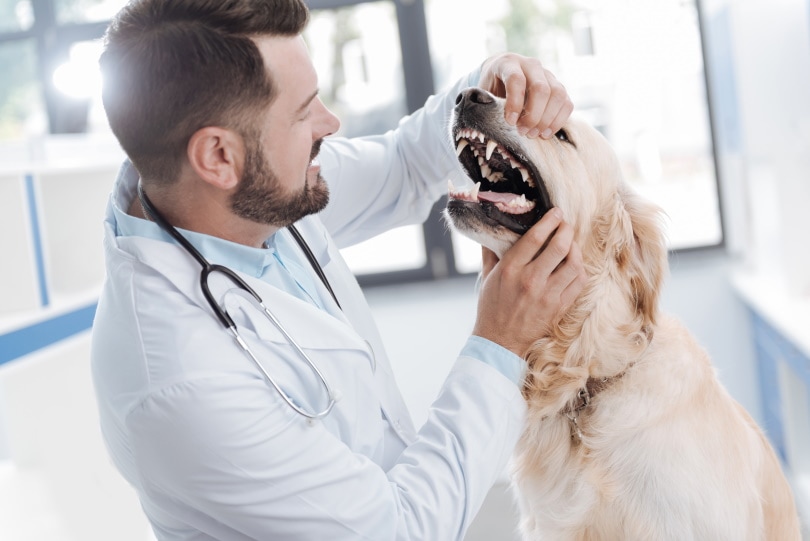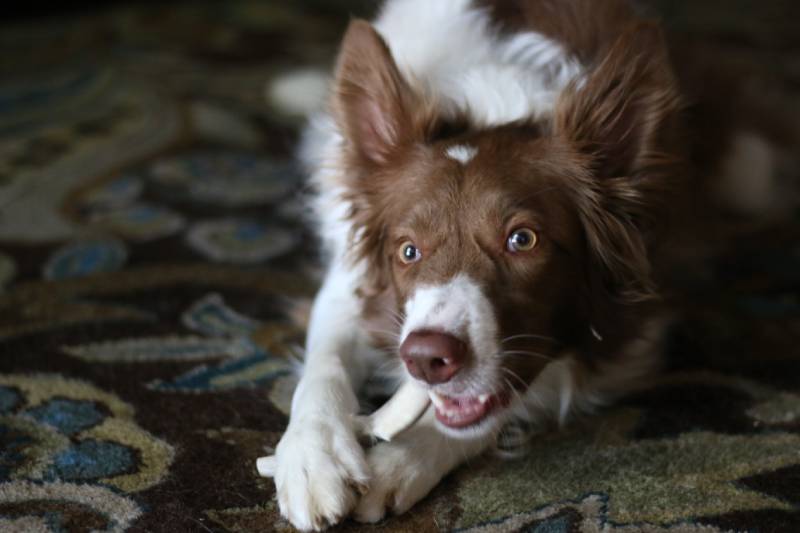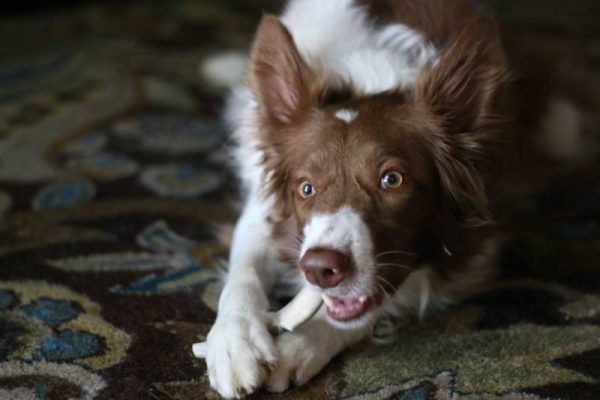Dogs and bones seem like a match made in heaven, but if your dog swallows a bone, should you be worried? And can dogs digest a bone if they do eat one? The answer is pretty complicated. Dogs can usually digest bones in about 8 to 12 hours.
But depending on whether the bone is cooked and how big the bone is, it might take longer. In some cases, eating bones can be dangerous because they can cause choking or intestinal damage. Here’s the rundown on dogs eating bones.
How Bone Digestion Works in Dogs
Dogs share a common ancestor with wolves, and in the wild, their ancestors needed to get as much nutrition as possible from their meals. That means they might have eaten smaller bones whole and chewing bigger bones open to get anything they could out of it. Today, dog bones are common treats, and many dogs will be interested in bones they find around your home or yard.
If your dog does swallow a bone, stomach enzymes start breaking it down right away. Most of the time, it passes through the system fully within about eight to twelve hours. However, larger bones might take longer to break down. If you’re worried about your dog eating a bone that it shouldn’t have, it’s safest to watch for two days.
If your dog does pass a bone, you might see white, chalky stool, or else stool that becomes white and chalky after it dries. This is from all the extra calcium in the bone.

Dog Bone Dangers
When your dog chews on a bone, the first danger you need to worry about is choking. Most dogs are smart enough not to swallow too big of a bone, but you should still supervise your dog around bones that might be a choking hazard.
A second, scarier danger is damage to your dog’s stomach or intestines. This is more dangerous in cooked bones and hollow bones from birds because they are more likely to break into sharp pieces. Don’t feed your dog cooked chicken bones. These bones can cause tearing or blockages in your dog’s stomach or intestines. In some cases, a large chunk of bones can also cause a blockage in your dog’s intestines.
Signs You Should Call a Vet
Most of the time, your dog can eat a bone without any danger. But if your dog does eat a bone that splinters in its stomach, the consequences can be very serious. You should call a vet if your dog is experiencing lethargy or bloating that seems unusual. Bloody stool or vomit can be a sign of a cut in your dog’s digestive tract. A dark, sticky black stool or vomit that looks like coffee grounds may be partially digested blood. If your dog does have a blockage or internal cut from a bone, surgery may be needed to repair the damage and remove any remaining bone fragments.

 Last Thoughts
Last Thoughts
Most of the time, letting a dog chew on a bone isn’t a big deal. And if your dog does swallow a smaller bone, it can usually break down and pass quickly. But it’s important to keep an eye on dogs if they have access to bones in case something goes wrong. Noticing the signs of choking, obstructions, or internal damage can save your dog’s life.
Featured Image Credit: Sebastian Quinn, Shutterstock











